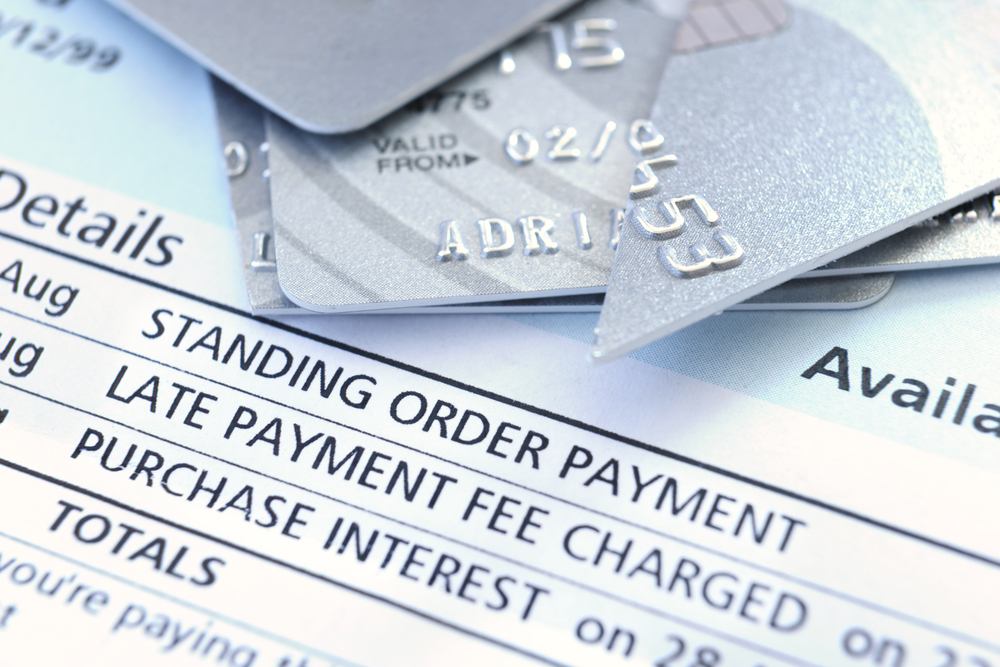
The U.S. Consumer Financial Protection Bureau, no bureaucrats they, rather public-spirited civil servants, are proposing a new regulation: credit card late fees, which can now reach a maximum of $41, will be capped at a mere $8.
One would think, based on this new initiative, that the reason we have late fees for credit card non or late payments in the first place is out of sheer meanness and profiteering. That would appear to be the level of understanding enjoyed by the promulgators of this new directive.
If you thought that, you’d be right. According to Rohit Chopra, CFPB director, excessive fees such as $41, serve “no purpose beyond padding the credit card companies’ profits.” And in the view of Aaron Klein, senior fellow in economic studies at the Brookings Institution: “The rule brings to the forefront the reality that credit card late fees are designed to be excessive to create incentives for consumer behavior. They are not in proportion to the cost to the lender…”

Let’s hold on for a second. Suppose, to take the extreme case (often, it is easier to see economics in action when you do so: it is easier to see the mountain rather than the molehill) the new dictat mandated no late fees at all. What would be the effect of that? Obviously, poor people and those without good credit ratings at all, would be charged very high rates of interest for the borrowing that they do, in effect, between the time of their purchases and when their credit card payments are due. But suppose, further, that our masters in Washington DC precluded that option (they would call it usury, ignoring the fact that the high rates of interest would emanate from their foreclosure of late fees in our hypothetical example). What, then, would be the result? Why, those who are presumed by the CFPB to be the beneficiaries of their largesse, the poor and those with bad credit ratings, would not be able to enjoy the benefits of credit cards at all (unless of course, the government granted these to them in an entirely new and very costly program).
Now that we have seen the effects of no penalties at all, it is easy to discern the results of reducing the upper limit from $41 to $8: moves in this malevolent direction. The impecunious will not be entirely bereft of credit cards, although some will. Most such people will either be charged higher rates of interest and/or find it more difficult to initially obtain and then retain their cards, and almost certainly be subject to lower limits on how much they may spend initially.
What about that present upper bound of $41? Was that given down to mankind on tablets of stone? No. That, too, originated from our friendly central planners in the booty-seeking capital of the country. How would this fee be determined under the free enterprise system? Simple: different credit card companies would charge different combinations of interest charges and late fees to their clients. The competitive process would tend to ensure that the amalgamation that came closest to maximizing consumer welfare would be approached. Too high, and the company would lose customers. Too low, and they would court bankruptcy.
Walter E. Block is Harold E. Wirth Eminent Scholar Endowed Chair and Professor of Economics at Loyola University New Orleans and is co-author of the 2015 book Water Capitalism: The Case for Privatizing Oceans, Rivers, Lakes, and Aquifers. New York City, N.Y.: Lexington Books, Rowman and Littlefield (with Peter Lothian Nelson ).

Comments are closed.